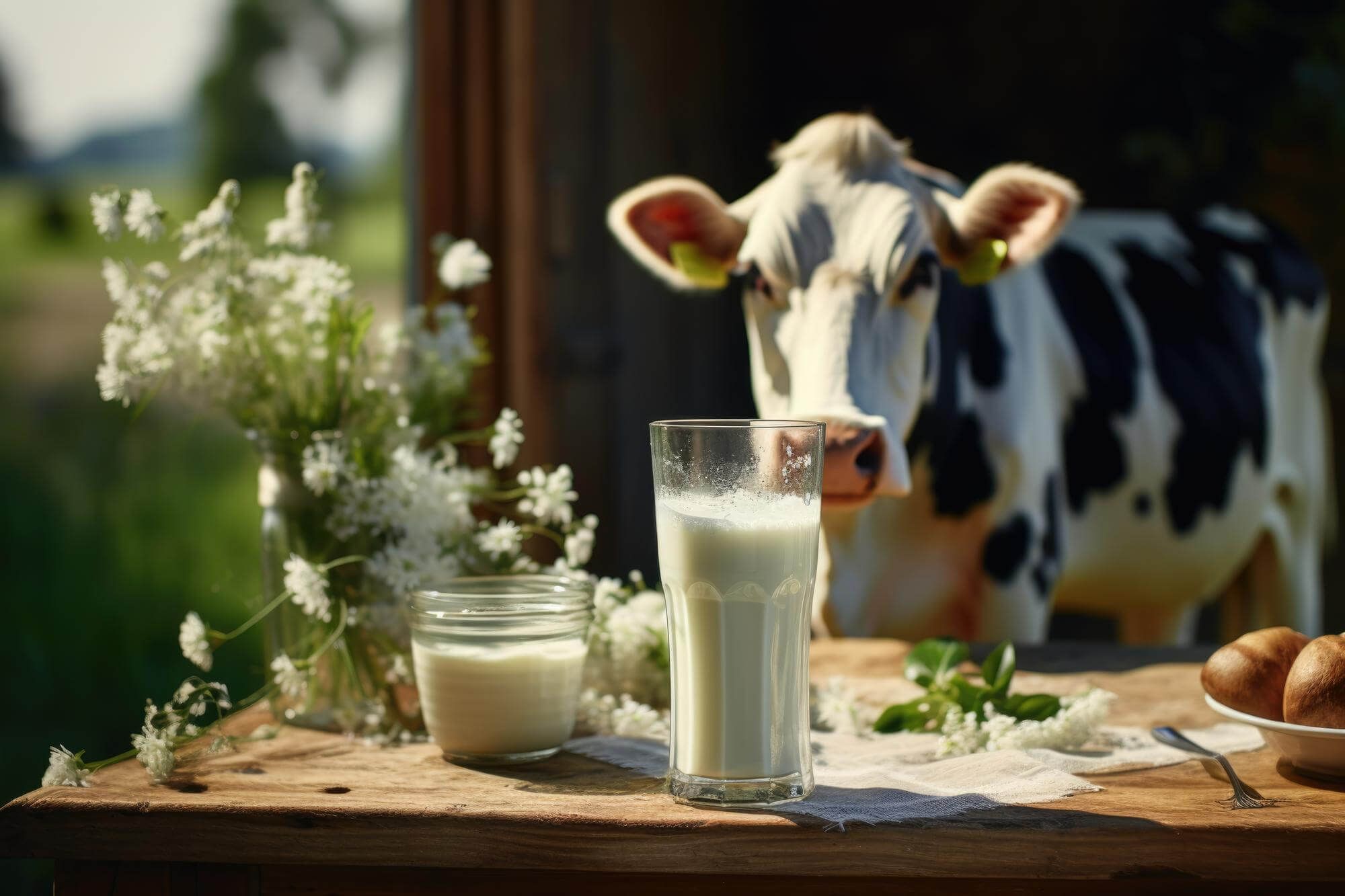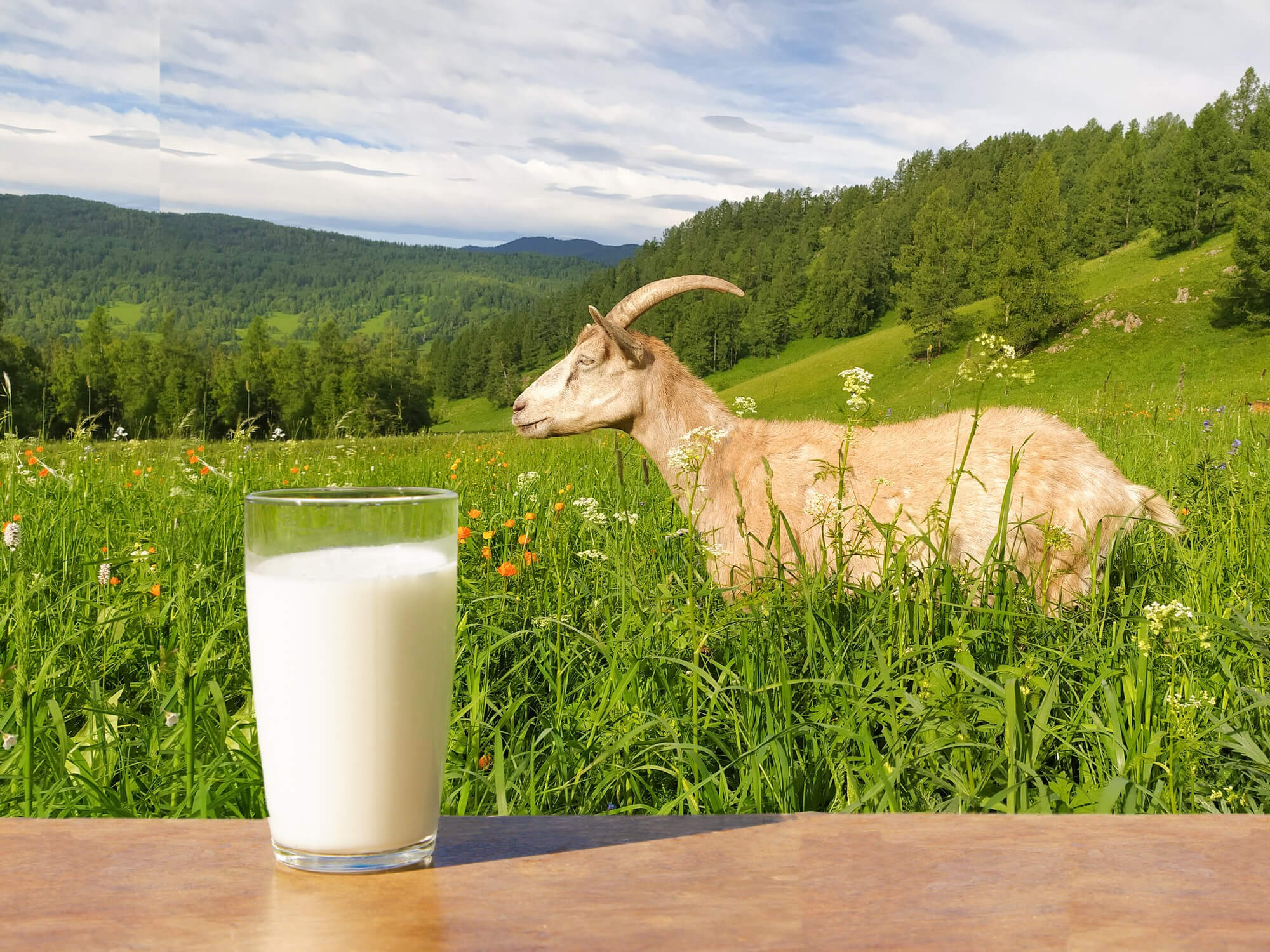How to overcome cow's milk protein allergy?


Irina Makarova
Cow's milk protein allergy is a common problem that can occur in people of all ages, including infants. It occurs when the immune system reacts to proteins in cow's milk, such as casein and whey proteins.
Causes of milk protein allergy
Cow's milk protein allergy develops because of a disordered immune system that mistakenly perceives milk proteins as harmful substances. This may be due to hereditary predisposition, insufficient development of the immune system in the infant or disorders of the intestinal microflora.
Symptoms of cow's milk protein allergy
Symptoms of a CFM allergy can manifest themselves in different ways, depending on the individual reaction of the body.
How does a cow's milk protein allergy manifest itself in infants and adults?
- Digestive symptoms include nausea, vomiting, diarrhea, constipation, abdominal pain and bloating. Children may have problems with weight gain and refusal to eat.
- Skin symptoms include redness, itching, rashes, swelling, and eczema. Babies may have diaper rash and diathesis.
- Respiratory manifestations of milk protein allergy may include runny nose, difficulty breathing, coughing, wheezing, and asthmatic attacks.
Diagnosis of cow's milk allergy

In order to detect a BCM allergy, your doctor may prescribe several types of tests.
- An antibody blood test can detect the presence of class E immunoglobulins (IgE), which are markers of an allergy to cow's milk protein. This test can be useful in determining the severity of the allergy and its dynamics.
- Skin tests involve applying a small amount of cow's milk extract to the patient's skin. If redness, itching, or swelling occurs at the application site, it can be said that there is an allergy to cow's milk protein.
Elimination diet and provocation tests
An elimination diet involves the complete elimination of cow's milk and its derivatives from the patient's diet for a certain period of time, followed by provocation tests with the gradual introduction of products containing cow's protein. If allergy symptoms disappear when milk is excluded and reappear when it is introduced, this confirms the diagnosis.
Treatment and prevention of cow's milk protein allergy
The treatment of a CFA allergy includes several aspects: elimination of the allergen from the diet, medication, and immunotherapy.
The main method of treating a cow protein allergy is to completely eliminate milk and its derivatives from the patient's diet. It is also necessary to replace cow's milk with alternative products.
Alternatives to cow's milk

There are many alternatives to cow's milk that can be used in the diet. These include goat's milk, soy milk, almond milk, and oatmeal. For babies who are allergic to cow's milk protein, special hypoallergenic formulas based on protein hydrolysate are recommended.
Allergy treatment with medication
Medication treatment for cow's milk protein allergy includes the use of medications to relieve symptoms and prevent the development of complications.
Antihistamines such as cetirizine, loratadine, and phenistyl block the action of histamine, the substance responsible for the development of allergic reactions. They help relieve itching, redness, and swelling.
Corticosteroids, such as hydrocortisone and prednisolone, may be prescribed to relieve severe inflammation and swelling caused by cow's milk protein allergy. They are used in short-term courses and only if prescribed by a doctor.
Immunotherapy and desensitization
Immunotherapy is a method of treatment aimed at correcting the immune system and reducing sensitivity to allergens. In cow's milk protein allergy this method is still under investigation and its use may be limited.
Preventing cow's milk protein allergy in children

To prevent the development of a cow's milk protein allergy in infants, the following measures are important:
- Breastfeeding for the first 6 months of life.
- Introducing cow's milk and dairy products into the baby's diet gradually and under the supervision of a doctor.
- Pay attention to the composition of products and formula, to avoid hidden cow protein content.
In conclusion, cow's milk protein allergy is a serious condition that requires attention and a careful approach to treatment. It is important to see an allergist at the right time, who will prescribe the right treatment and help you cope with the problem.
New materials
Popular Articles
We recommend reading
Contact us in the Contact Us section to ask questions, offer ideas, or for more information about our allergy resource.
Our articles are your trusted source of allergy knowledge. Learn how to make life with allergic reactions easier on our specialized portal.
©
Lechenie-Allergii.com. All rights reserved.
© Lechenie-Allergii.com. All rights reserved.
The information on this site is for informational purposes only and is not a substitute for professional medical advice. We recommend consulting with qualified medical professionals for accurate information and advice.
 English
English  Українська
Українська  Русский
Русский 









